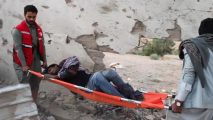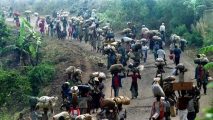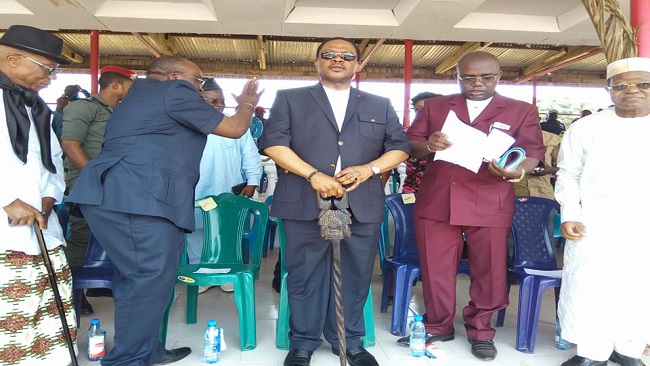Categories
Archives
- April 2025
- March 2025
- February 2025
- January 2025
- December 2024
- November 2024
- October 2024
- September 2024
- August 2024
- July 2024
- June 2024
- May 2024
- April 2024
- March 2024
- February 2024
- January 2024
- December 2023
- November 2023
- October 2023
- September 2023
- August 2023
- July 2023
- June 2023
- May 2023
- April 2023
- March 2023
- February 2023
- January 2023
- December 2022
- November 2022
- October 2022
- September 2022
- August 2022
- July 2022
- June 2022
- May 2022
- April 2022
- March 2022
- February 2022
- January 2022
- December 2021
- November 2021
- October 2021
- September 2021
- August 2021
- July 2021
- June 2021
- May 2021
- April 2021
- March 2021
- February 2021
- January 2021
- December 2020
- November 2020
- October 2020
- September 2020
- August 2020
- July 2020
- June 2020
- May 2020
- April 2020
- March 2020
- February 2020
- January 2020
- December 2019
- November 2019
- October 2019
- September 2019
- August 2019
- July 2019
- June 2019
- May 2019
- April 2019
- March 2019
- February 2019
- January 2019
- December 2018
- November 2018
- October 2018
- September 2018
- August 2018
- July 2018
- June 2018
- May 2018
- April 2018
- March 2018
- February 2018
- January 2018
- December 2017
- November 2017
- October 2017
- September 2017
- August 2017
- July 2017
- June 2017
- May 2017
- April 2017
- March 2017
- February 2017
- January 2017
- December 2016
- November 2016
- October 2016
- September 2016
- August 2016
- July 2016
- June 2016
Featured
Most Commented Posts
 4 Anglophone detainees killed in Yaounde
4 Anglophone detainees killed in Yaounde
18 comments Chantal Biya says she will return to Cameroon if General Ivo Yenwo, Martin Belinga Eboutou and Ferdinand Ngoh Ngoh are sacked
Chantal Biya says she will return to Cameroon if General Ivo Yenwo, Martin Belinga Eboutou and Ferdinand Ngoh Ngoh are sacked
13 comments The Anglophone Problem – When Facts don’t Lie
The Anglophone Problem – When Facts don’t Lie
12 comments Anglophone Nationalism: Barrister Eyambe says “hidden plans are at work”
Anglophone Nationalism: Barrister Eyambe says “hidden plans are at work”
12 comments Largest wave of arrest by BIR in Bamenda
Largest wave of arrest by BIR in Bamenda
10 comments
Latest Tweets
Featured
-

Vatican: Conclave to elect new pope will start on May 7
-

Namibian minister sacked after being accused of rape
-

Dozens of African migrants killed in US strike on Yemen
-

Manyu Division: A new path is possible
-

Who will be the next pope? Key candidates in an unpredictable process
-

Pope Francis going home to rest!
-

Rwanda and DR Congo set May 2 deadline for peace deal
© Cameroon Concord News 2025





4, August 2018
World Council of Churches warns of growing risk of atrocities in Cameroon 0
Escalating violence in Cameroon, including graphic violence against women and children, has drawn condemnation from the World Council of Churches (WCC).
“The World Council of Churches condemns all forms of violence in Cameroon and calls on the government to stop using any force to punish its people in the English-speaking region of Cameroon,” said Prof. Dr Isabel Apawo Phiri, WCC acting general secretary, commenting on the current cycle of violence in the Central African country.
“Cameroon authorities must immediately cease the use of disproportionate and deadly force against civilians and protect the human rights of all,” she added.
The incidents are part of increasing violence against civilians in Cameroon, where, in the last three years, the Cameroonian military has been waging a multifront war against Anglophone separatists, especially in the western part of the country, and against Boko Haram in the north.
Phiri also called for prayers for peace in Cameroon and reaffirmed the WCC’s solidarity with the estimated 160,000 civilians who have been displaced by the fighting.
In recent weeks, a video that appears to show Cameroonian soldiers in the Mayo-Tsanaga region executing two women, a young girl and a baby was widely circulated on social media, bringing to light one of the atrocious aspects of the conflict. Another video was broadcast in June showing soldiers wearing Cameroonian uniforms setting fire to two houses in a village located in the English-speaking region of the country.
The government of Cameroon initially denounced the Mayo-Tsanaga video as “fake news” but has since announced a formal investigation and arrested four soldiers.
Phiri also noted the severe gender injustice going on in Cameroon. “As in most conflict situations worldwide, violence disproportionally affects women, who become especially vulnerable when law and order break down,” she said.
The Presbyterian Church in Cameroon in July organized a “Week of Prayer for Cameroon in Times of Crisis,” calling for repentance, a cease fire and a peace plan. The World Communion of Reformed Churches (WCRC) is planning a solidarity visit to Cameroon.
There is growing concern that upcoming presidential elections, scheduled for 7 October, will lead to further intensification and militarization of the conflict in Cameroon’s Anglophone regions. President Paul Biya has been in power since 1982 and announced on 13 July that he will be running for a seventh term.
Source: WCC